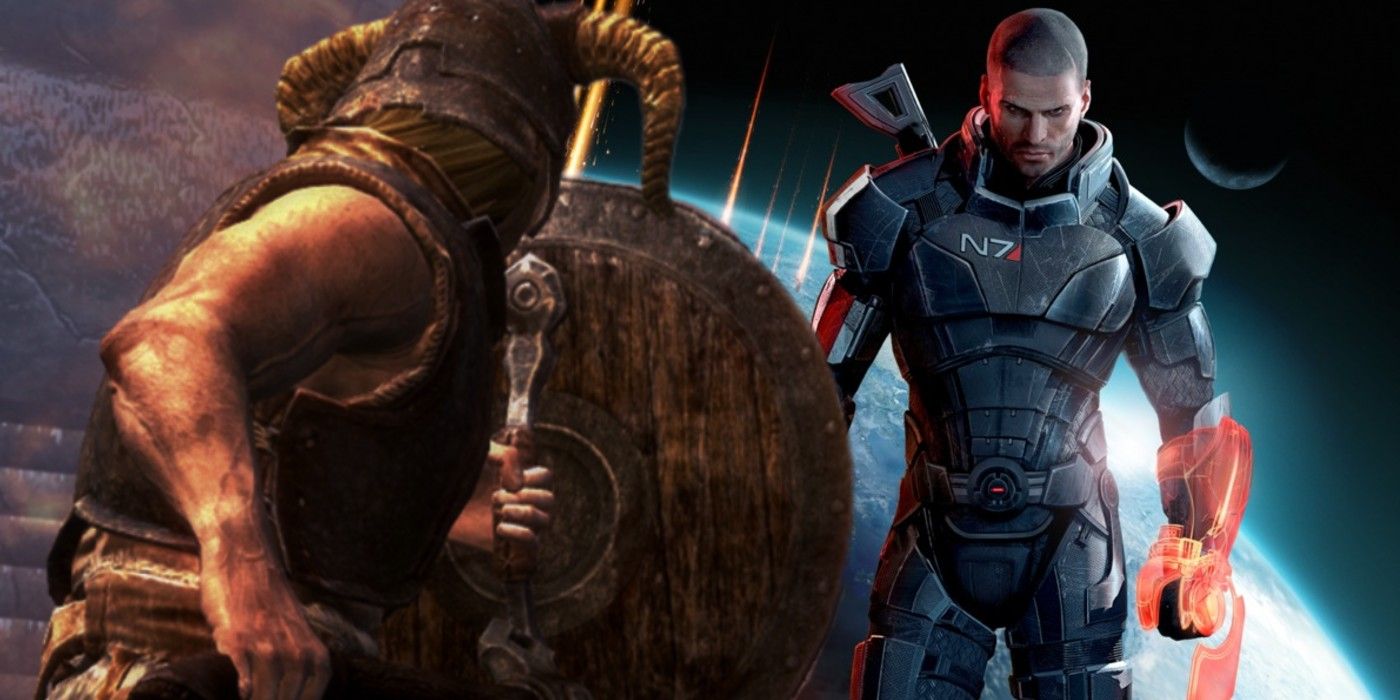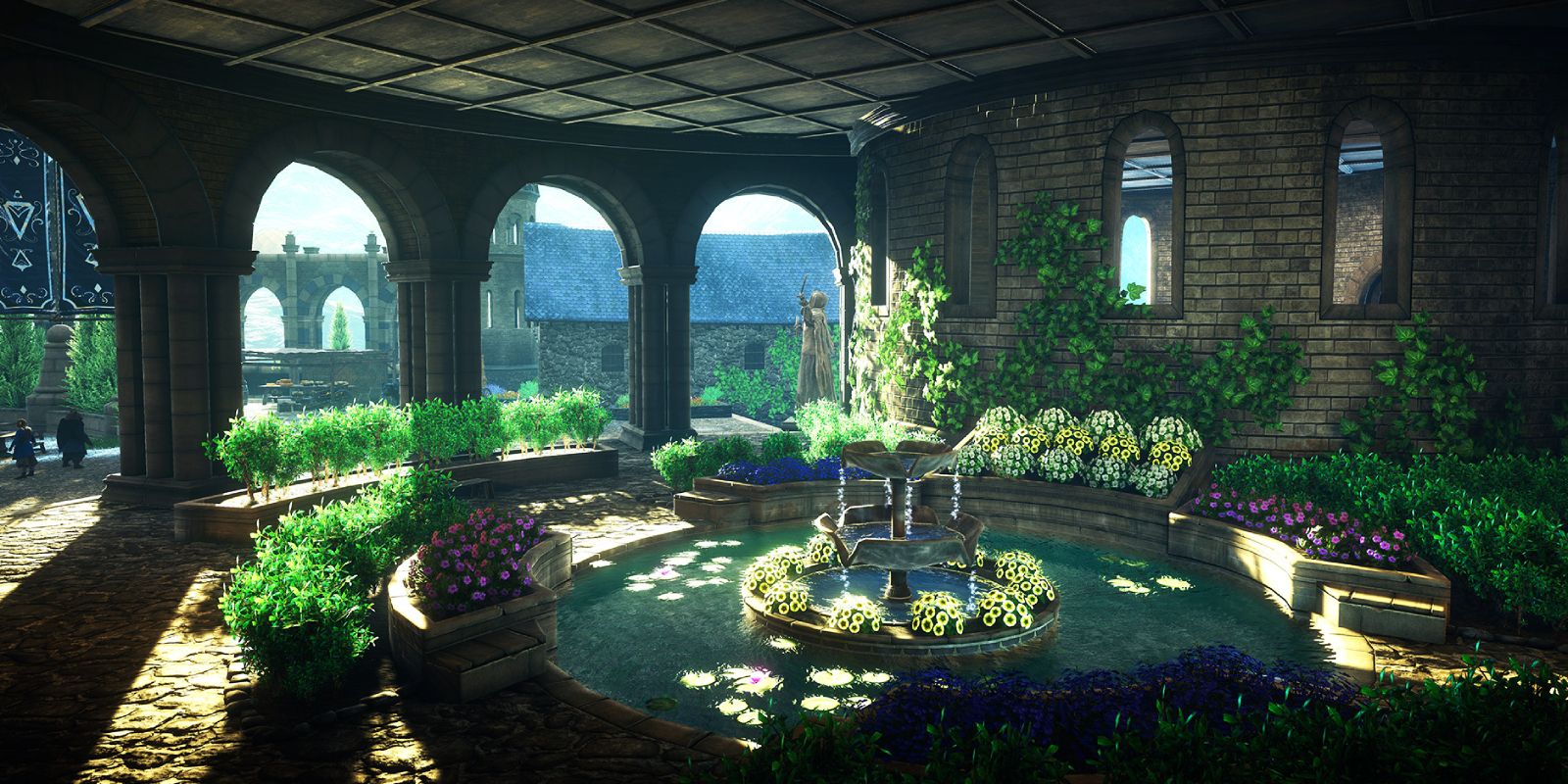
It seems at times that just about every big RPG, from Mass Effect to Morrowind, positions players as a one-of-a-kind hero, chosen to have a predetermined destiny that usually involves saving the world or otherwise having some large-scale impact on the events that surround them. As compelling as this sort of story may be, many have likely begun to grow tired of essentially playing the same role time and time again. It might be time for more roleplaying games to move beyond the "Chosen One" trope.
For many players, a large draw of RPG games is the immersion. It's arguably easy to escape into the world of a game when one's role makes them feel like a genuine part of that world - which can make it jarring when the player character is lauded as a legend. Modders have a long history of creating immersive mods for RPGs like Skyrim, many of which allow the player to become just an ordinary citizen rather than a savior. It seems that an increasing amount of players are looking for more freedom when it comes to the role of their character.
Fortunately, there are a few recently-released and upcoming RPGs already on the market that meet this requirement. Eastshade puts players in the shoes of a painter, allowing them to traverse the landscape as a travelling artist, creating portraits of the characters and landscapes they encounter along the way. The upcoming game Lake, shown at this year's E3 Expo, is about delivering mail and interacting with townsfolk. It's worth examining what other new forms of storytelling could emerge if more game developers opted to move away from the standard "Hero's Journey" storyline.

Some of the most popular games within the last year didn't rely on the "Chosen One" in any form. Both Stardew Valley and Animal Crossing gained even more popularity in 2020, and both titles likewise featured a fairly similar role for players to take up. Rather than revolving around quests and long-form storylines, they focused on day-to-day interactions and relationships between the player character and the residents of the town they were helping to build up. Players became a natural part of the world rather than an anomaly, and the resulting immersion is arguably a large part of what drew so many players in.
Games that don't force players into a unique role in the story allow for more freedom when it comes to player decisions. Rather than just influencing a storyline that's already been developed, they can create their own storylines, choosing who and what to engage with and how to approach the world within the game. Series like The Sims partially rely on the appeal of this approach, providing players with a framework to create their own characters and goals rather than determining them in advance. With the upcoming release of new AAA RPGs such as Starfield, Elder Scrolls 6 and the next Mass Effect title, it remains to be seen if more studios will begin to move away from the restrictive narrative of "The Chosen One" and give players the option to just be normal people.
from ScreenRant - Feed https://ift.tt/3wW0qeX

0 Comments